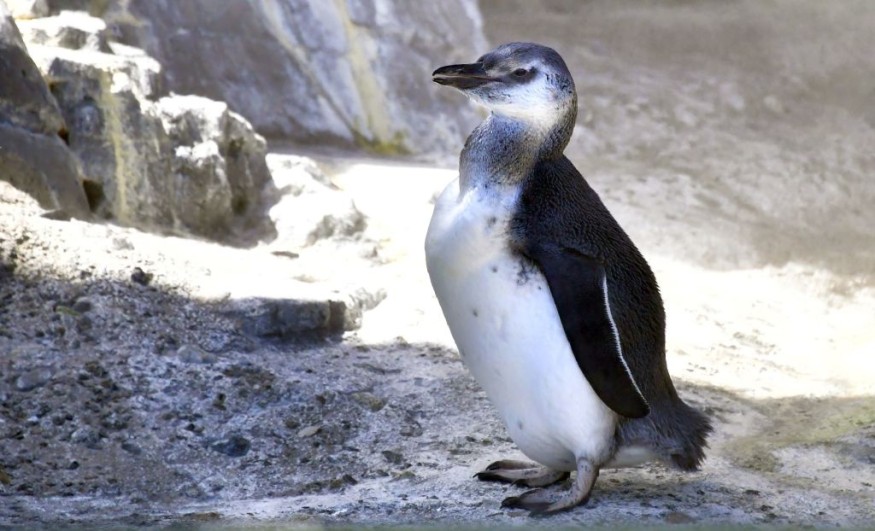Dindim the Magellanic Penguin travels approximately 8,000 kilometers each year to visit retired bricklayer Joao Pereira de Souza on the Proveta Beach in Ilha Grande, Brazil.
The penguin and fisherman reunion had its roots back in May 2011 when Pereira de Souza took care of Dindim who has washed up ashore following an oil spill.
2011 Rescue Incident

Dindim was starving and covered in oil when he was found by the part-time fisherman living on an island off the coast of Rio de Janeiro more than a decade ago.
Pereira de Souza nursed the penguin for a week, where he cleaned and fed him fish, as per CNN.
The rescuer attempted to set free Dindim to migrate once he was able to regain his health.
However, it seemed like the Magellanic penguin is hard to get rid of as he kept coming back to the man who saved his life consistently each year.
During his visits, the penguin sleeps in the fisherman’s backyard covered by a fence to avoid potential dog attacks.
The Brazilian island where Pereira de Souza resides is also home to a breeding ground of other Magellanic penguins, but Dindim is a stranger to them.
In a Facebook video posted by the BBC in April 2021, the elderly fisherman reportedly waits every June for his penguin best friend after being away for 11 months in the sea.
Magellanic penguins are known for living in the seas of South America, yet they need to go back to Patagonia to breed, said the BBC.
The coasts of Patagonia are located in the other side of South America, covering around 260,000 square miles from Argentina to Chile.
Previous Speculations
Rumors have come into play before about Dindim is being kept as a pet and is just part of the local penguin populace in the South American country.
As a result, scientists placed a Global Positioning System (GPS) tag on Dindim to determine his origins and trajectory, as per CNN.
It is for the first time that scientists have proven that Dindim is the same penguin who returns to the fisherman’s house annually since the tag is still placed onto his body.
The scientific community reportedly believed this is a sign of the penguin species’ loyalty to its rescuer.
Although Magellanic penguins are known for their loyalty to their partners and breeding site, the case of Dindim is considered to be rare given the distance he has to travel and other risks, including predators and natural weather hazards during travel.
Animals and Short-Term Memory
In 2015, the National Geographic cited an investigation on the short-term memory of animals by the Study for Cultural Evolution at Stockholm University in Sweden.
The study suggested that animals are not capable of remembering specific events and only store information that could help them survive.
Based on the findings, dogs forget an event within two minutes and chimpanzees for approximately 20 minutes, and this is the case for a myriad of animals, as per the study.
In spite of the breakthrough discovery, the case of Dindim and his ability to remember his rescue event in 2011 challenges the theoretical underpinnings of studies on the short-term memory of animals.
Following the story of the fisherman reunion, it seems that both wild animals and our pets have the potential to remember us for a long time after all.
Related Article: Happy Feet! A Million Penguins Flock to Argentina to Eat [VIDEO]
© 2025 NatureWorldNews.com All rights reserved. Do not reproduce without permission.





